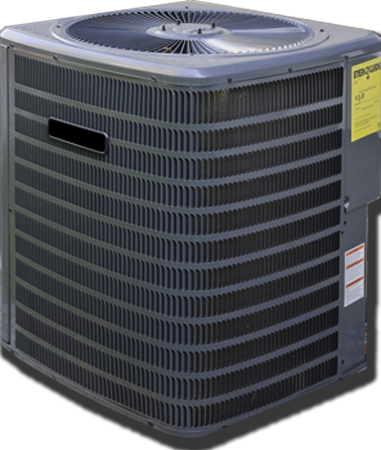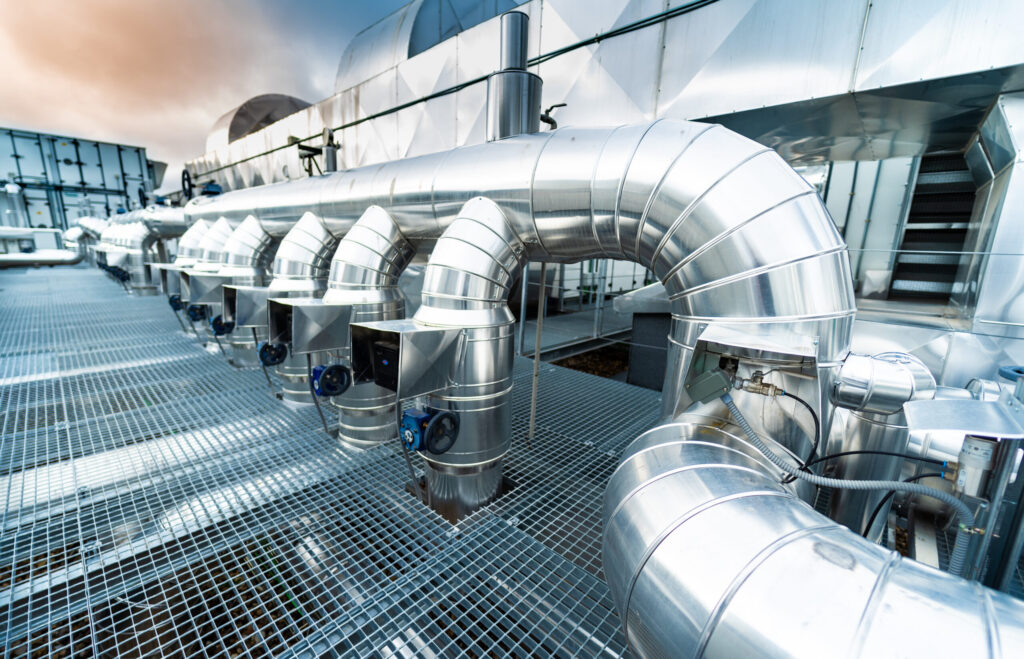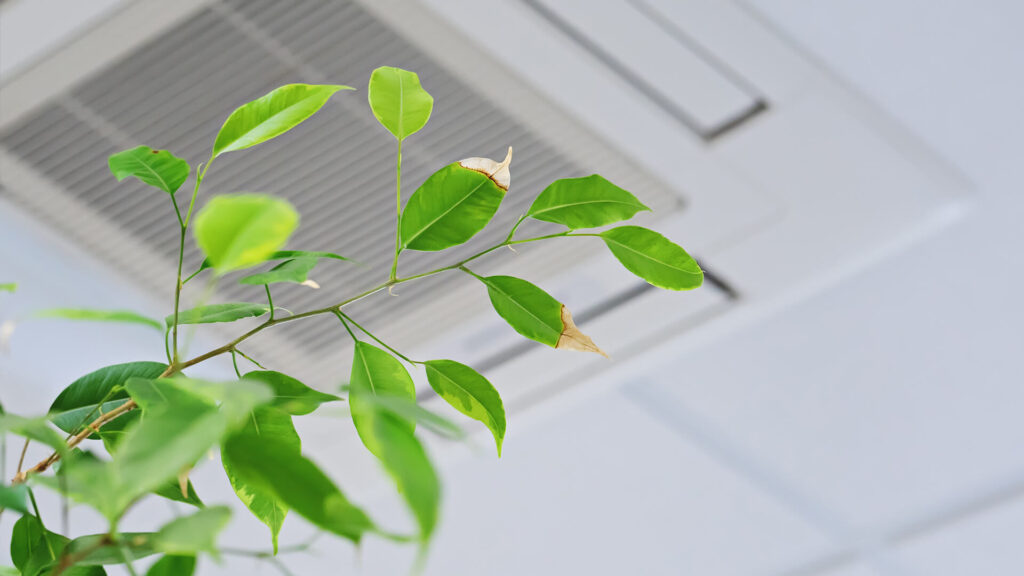Commercial HVAC Kent
Commercial HVAC Kent
In today’s environmentally conscious world, energy efficiency is a top priority for businesses across various industries. One area where significant energy savings can be achieved is in the realm of commercial HVAC (Heating, Ventilation, and Air Conditioning) systems. These systems are essential for maintaining comfortable indoor environments in commercial buildings, but they can also be substantial energy consumers. Energy-efficient commercial HVAC systems offer a solution to this challenge, providing numerous benefits for businesses and the environment alike. In this article, we explore the advantages and considerations of energy-efficient commercial HVAC systems.

The Benefits of HVAC for Business

Improved Employee Productivity
Energy Efficiency
Enhanced Air Quality
Temperature Control
Customer Comfort
Equipment Protection
Humidity Regulation
Compliance
Reduced Downtime
Competitive Advantage
The Benefits of Energy-Efficient Commercial HVAC Systems
- Reduced Operating Costs: Perhaps the most immediate and tangible benefit of energy-efficient HVAC systems is cost savings. These systems consume less energy, resulting in lower utility bills, which can have a significant positive impact on a business’s bottom line.
- Environmental Sustainability: Energy-efficient HVAC systems are eco-friendly, as they produce fewer greenhouse gas emissions. By reducing energy consumption, businesses can decrease their carbon footprint and contribute to a healthier planet.
- Improved Indoor Comfort: Energy-efficient systems are designed to maintain a consistent and comfortable indoor temperature. They also enhance indoor air quality, creating a healthier and more pleasant environment for employees, customers, and occupants.
- Enhanced System Longevity: Energy-efficient HVAC systems are often equipped with advanced technologies that reduce wear and tear. This can lead to extended equipment lifespan, reducing the need for frequent replacements and minimizing maintenance costs.
- Financial Incentives: Many governments and local authorities offer financial incentives, tax credits, or rebates for businesses that invest in energy-efficient HVAC systems. These incentives can further offset the initial costs of installation.
- Increased Property Value: Energy-efficient upgrades, including HVAC systems, can increase the overall value of commercial properties. They make properties more attractive to tenants, buyers, and investors who value sustainability and cost savings.
Think Commercial HVAC Kent: Think Advantage
Indoor Air Quality and Commercial HVAC: A Comprehensive Guide
the focus on indoor air quality (IAQ) is gaining increasing attention. The quality of the air within a commercial space can significantly impact the health, comfort, and productivity of employees and the satisfaction of customers. To address these concerns, commercial HVAC (Heating, Ventilation, and Air Conditioning) systems play a pivotal role. In this comprehensive guide, we delve into the critical relationship between indoor air quality and commercial HVAC, exploring the importance, factors, and solutions that business owners and facility managers need to consider.

Understanding the Significance of Indoor Air Quality
Indoor air quality refers to the condition of the air within a building, including its composition, temperature, humidity, and cleanliness. It directly affects the well-being and comfort of the building’s occupants. In a commercial context, IAQ has a profound impact on several aspects:
Employee Health: Poor IAQ can lead to health issues such as allergies, respiratory problems, and discomfort among employees, potentially resulting in increased sick days and reduced productivity.
Customer Experience: Customers are more likely to return to businesses that offer a pleasant and comfortable environment. Good IAQ enhances the overall customer experience.
Energy Efficiency: Proper ventilation and air filtration are essential for maintaining optimal energy efficiency in commercial HVAC systems.
Regulatory Compliance: Many regions have regulations governing IAQ in commercial buildings. Compliance is essential to avoid fines and legal issues.
Factors Affecting Indoor Air Quality
Several factors can influence IAQ in commercial spaces, and addressing these factors often requires collaboration between building owners, facility managers, and HVAC professionals. Some key factors include:
Ventilation: Adequate ventilation is crucial for maintaining fresh indoor air. Proper ventilation rates ensure that indoor air is regularly exchanged with outdoor air.
Air Filtration: Effective air filtration systems can remove dust, allergens, and pollutants, contributing to improved IAQ.
Humidity Control: Maintaining optimal humidity levels is essential. Excess humidity can lead to mold growth, while low humidity can cause discomfort and health issues.
Contaminants: Identifying and addressing specific contaminants such as volatile organic compounds (VOCs), radon, and carbon monoxide is vital for IAQ management.
HVAC Maintenance: Regular maintenance of HVAC systems is necessary to prevent the buildup of contaminants and ensure efficient operation.
Solutions for Enhancing Indoor Air Quality with Commercial HVAC
Proper Ventilation: Ensuring that the HVAC system provides adequate fresh air through controlled ventilation is fundamental. The system should be balanced to bring in the right amount of outdoor air while maintaining energy efficiency.
High-Efficiency Filters: Upgrading to high-efficiency filters can significantly improve air quality by capturing smaller particles and allergens.
Humidity Control: Employing humidifiers and dehumidifiers can help maintain appropriate humidity levels, preventing mold growth and ensuring occupant comfort.
Regular Maintenance: Routine maintenance of HVAC equipment, including cleaning and filter replacement, is essential for optimal system performance and IAQ.
Air Quality Sensors: Installing air quality sensors can provide real-time monitoring and control of IAQ parameters, allowing for immediate adjustments when needed.
Advanced Filtration Technologies: Consider advanced filtration technologies like HEPA filters, UV-C light disinfection, and electronic air purifiers to enhance air quality further.
